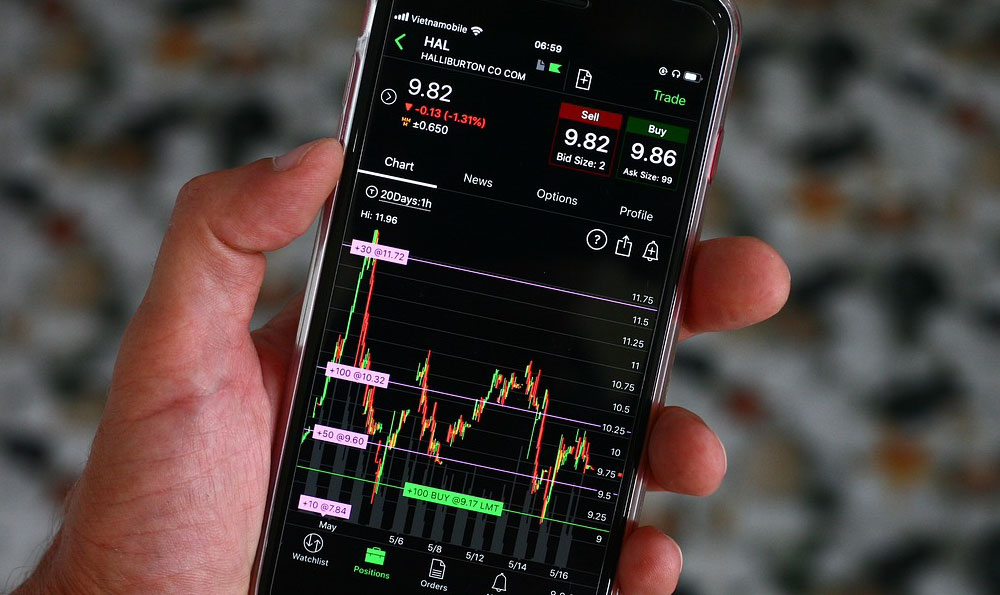The landscape of podcasting has transformed from a niche hobby into a vibrant and increasingly lucrative industry. Understanding how podcasters generate income is crucial for anyone considering entering the field, investing in podcasting platforms, or simply curious about the business models driving this audio revolution. A podcaster's earnings are rarely derived from a single source; instead, they typically assemble a diversified portfolio of revenue streams, each contributing to their overall financial success.
Perhaps the most prevalent and recognizable revenue stream is advertising. Podcasters collaborate with brands to integrate advertisements into their content. This can take various forms, including pre-roll ads (played at the beginning of the episode), mid-roll ads (placed strategically within the body of the episode), and post-roll ads (featured at the end). The rates podcasters charge for advertising are typically calculated on a CPM (cost per mille) basis, representing the cost per thousand impressions, or downloads, of an episode. Higher download numbers translate directly to higher CPM rates, making audience size a critical factor in attracting and securing lucrative advertising deals. Beyond simply reading a script, some podcasters opt for more creative integrations, weaving the product or service seamlessly into the episode's narrative, resulting in a more engaging and effective advertisement for the listener.
Sponsorships represent a more in-depth and often longer-term partnership between a podcaster and a brand. Unlike straightforward advertising, sponsorships often involve a more comprehensive agreement, with the brand actively supporting the podcast's production and promotion in exchange for consistent and prominent mentions. This could involve sponsoring an entire season of the podcast, providing financial support for guest appearances, or even contributing to the creation of additional content such as bonus episodes or behind-the-scenes material. The relationship is mutually beneficial, providing the podcaster with stable funding and the sponsor with ongoing exposure to a highly engaged and targeted audience.

Affiliate marketing is another popular avenue for generating revenue. Podcasters promote products or services to their listeners and earn a commission for every sale made through a unique affiliate link or code provided by the company. This model works particularly well when the products or services being promoted align closely with the podcast's content and target audience. For example, a podcast focused on personal finance might promote financial planning software or investment courses, while a podcast dedicated to fitness could promote workout equipment or nutritional supplements. The success of affiliate marketing relies heavily on the trust the podcaster has built with their audience; listeners are more likely to purchase a product or service if they genuinely believe the podcaster recommends it.
Direct listener support has emerged as a significant revenue stream, particularly for independent podcasters. Platforms like Patreon and Buy Me a Coffee allow listeners to directly support their favorite podcasts through recurring subscriptions or one-time donations. In exchange for their financial contributions, listeners often receive exclusive perks such as bonus content, early access to episodes, ad-free listening, or even the opportunity to interact directly with the podcaster. This model fosters a strong sense of community and allows podcasters to maintain creative control over their content without being beholden to advertisers or sponsors. It’s a testament to the loyalty and dedication that many podcast listeners feel toward their favorite shows.
Selling merchandise is another common way for podcasters to monetize their brand. This can include a wide range of products, such as t-shirts, mugs, stickers, and even books or other physical items related to the podcast's theme. Merchandise allows podcasters to extend their brand beyond the audio realm and create a tangible connection with their listeners. It also provides an opportunity to generate additional revenue and promote the podcast through wearable or usable items.
Creating and selling online courses or workshops related to the podcast's topic is a growing trend. Podcasters who have established themselves as experts in a particular field can leverage their audience to sell educational content. This could involve creating a comprehensive online course on a specific skill or offering live workshops on a related topic. This revenue stream not only generates income but also solidifies the podcaster's position as a thought leader in their industry.
Public speaking engagements and appearances can also contribute to a podcaster's earnings. As their podcast gains popularity, podcasters may be invited to speak at conferences, events, or even corporate gatherings. These appearances provide an opportunity to connect with audiences in person, share their expertise, and generate revenue through speaking fees. Building a strong personal brand and developing engaging presentation skills are essential for success in this area.
Finally, licensing content to other platforms can generate revenue. Podcasters can license their existing episodes or even create new content specifically for other platforms, such as streaming services or radio stations. This allows them to reach a wider audience and generate additional income from their existing work. This often requires navigating complex licensing agreements and ensuring that the terms are favorable to the podcaster.
In conclusion, the revenue streams available to podcasters are diverse and constantly evolving. While advertising remains a cornerstone of the industry, successful podcasters understand the importance of diversifying their income streams through sponsorships, affiliate marketing, direct listener support, merchandise sales, online courses, public speaking, and content licensing. The most successful podcasters are those who can effectively build a loyal audience, create high-quality content, and strategically monetize their platform through a combination of these revenue streams. They are not just creators; they are entrepreneurs, constantly innovating and adapting to the changing landscape of the podcasting industry.












